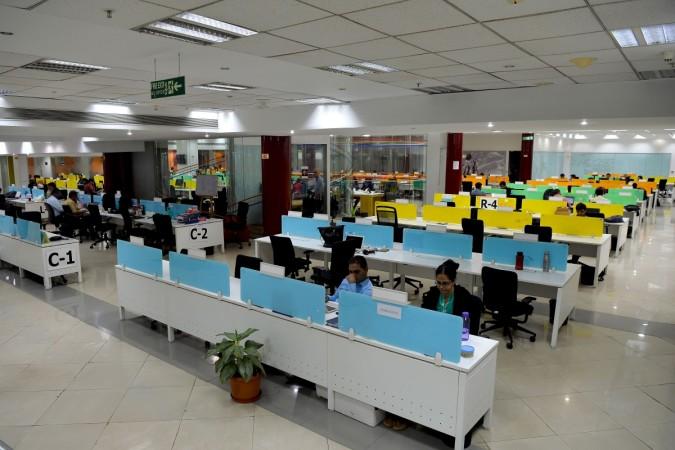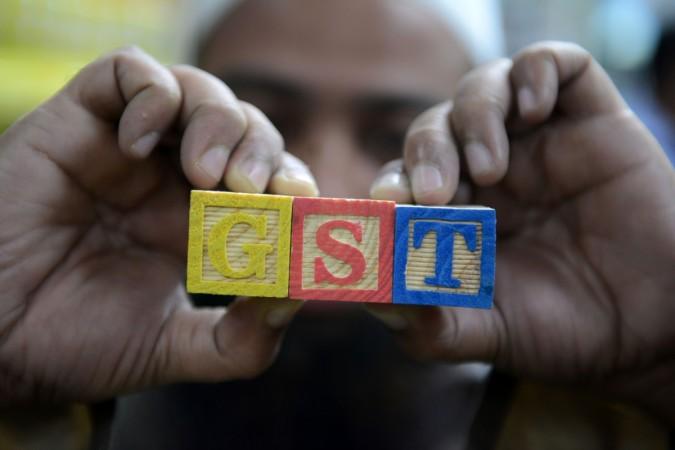India being the world's third-largest start-up ecosystem is now facing a major challenge. More and more Indian startups that started their businesses in India are planning to move overseas. Countries including the United States, the United Kingdom, the Netherlands, and the United Arab Emirates have emerged as the preferred locations for Indian startups.
As per a report in the Economic Times, founders, lawyers and tax experts in the start-up ecosystem have attributed this reason to stable regulations, subsidized tax rates, conducive public listing norms and increased global investor interest.

The attraction for these regulations is such that some of the late-stage consumer internet and B2B startups are also exploring the idea of registering their businesses abroad.
Notably, a process of such change in registration generally takes as long as one year. One of the startup founders said, "There is a problem when large hedge funds and blue-chip private equity investors ask where the company is based before getting to the business model."
Interestingly, India's major start-ups including Oyo, Curefit, Lenskart, Urban Company (previously UrbanClap) and Paytm First Games which began their operations in the country are now also registering their new investment units in Singapore or the United States.
As per an investor in startups, "This also gives them an option to, later on, flip the entire entity to the overseas geography if required." However, this option is not available to core financial services and real estate, where regulations demand an Indian registered entity.
India's Tax structure is still complicated

Vatsal Gaur, Partner at HSL Legal argues that the country still has the most complicated tax structure. He adds, "India still grapples with an obtuse tax administration, with GST being amongst the most complicated legislation in the world. The ease of enforcing contracts, slower consumer cycles, lowering of capital in the system in general, and tough laws with penal sanctions, all add to entrepreneurs wanting to shift business outside." Further, Singapore and the UK offer tax incentives to startups with special rebates to those with research and development capabilities.








